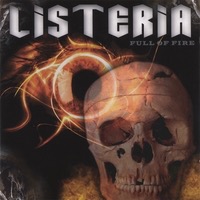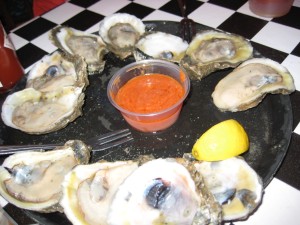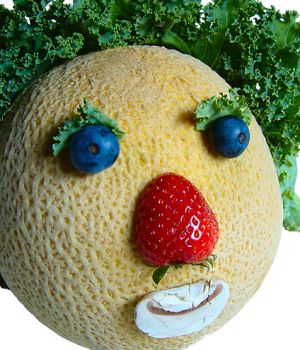The Centre for Health Protection (CHP) of the Department of Health is today (June 20) investigating a case of Shiga toxin-producing Escherichia coli (STEC) O157:H7 infection, and hence reminded the public to maintain good personal, food and environmental hygiene against intestinal infections.
 Because in the absence of any details, it’s PR strategy to blame consumers.
Because in the absence of any details, it’s PR strategy to blame consumers.
The boy, aged 3 with good past health, has developed fever, vomiting, diarrhoea, cough and runny nose since June 10, and was admitted to a private hospital for management on June 12. He has been in a stable condition all along and was discharged on June 15.
His stool specimen tested positive for STEC O157:H7 upon laboratory testing by the CHP’s Public Health Laboratory Services Branch.
Initial enquiries revealed that the patient had no recent travel history. He had contact with animals during the incubation period, but did not consume unpasteurised milk or raw food.









